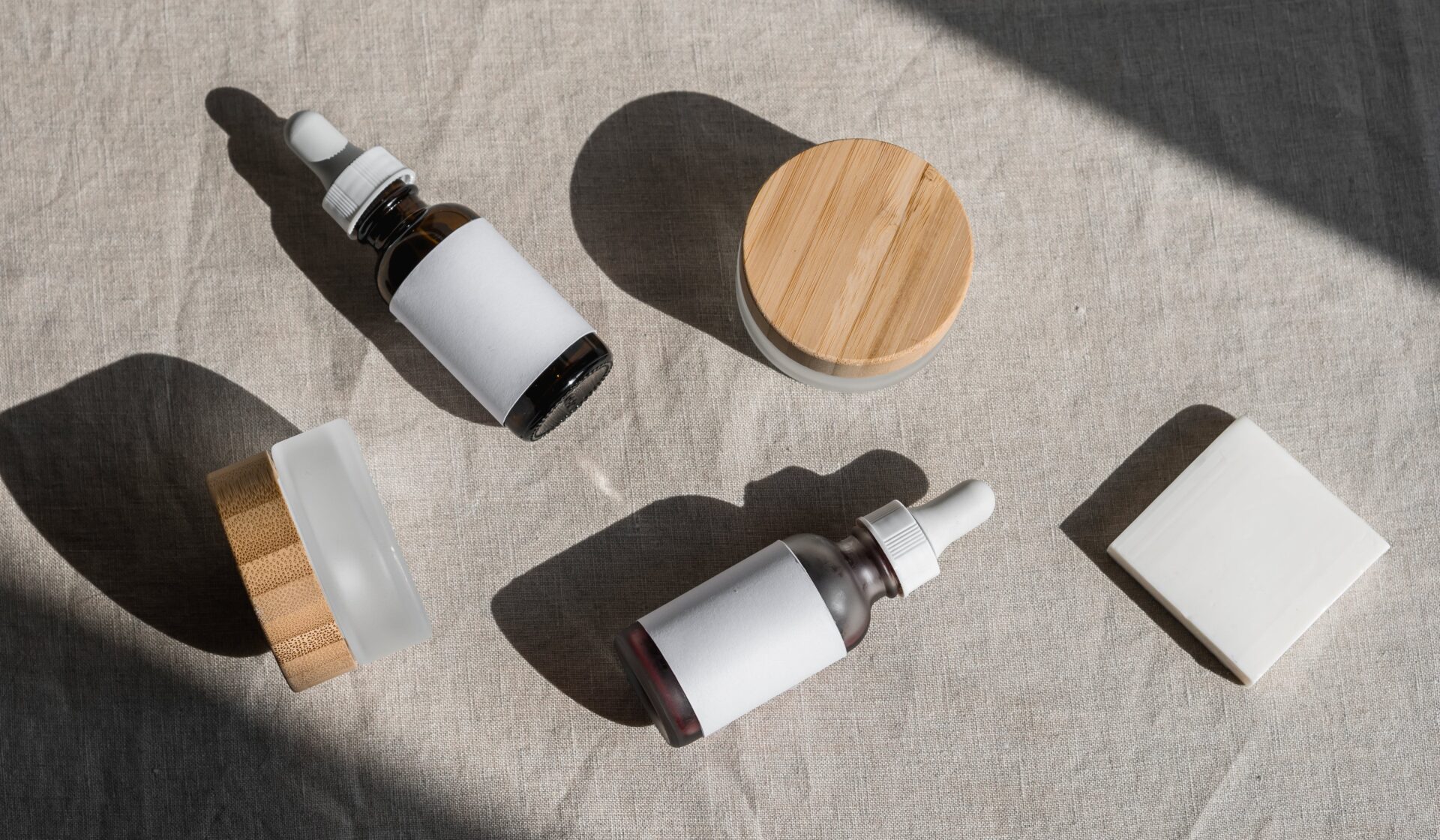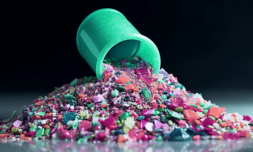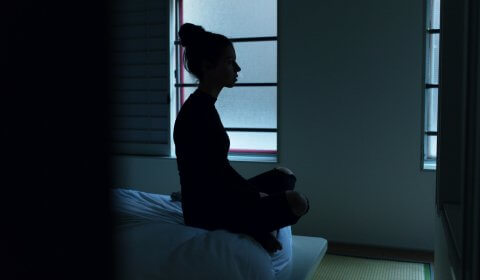Seeking to reduce our dependence on oil-based plastics, Sulapac is making bio-based packaging components using recycled and ‘side-streamed’ materials. It’s hoped to boost fashion’s circular economy.
Anyone who is even slightly into skincare will be well aware that the environmental cost of beauty cosmetics is huge.
Our buy, use, and bin approach to fad products and fleeting trends is a significant sustainability issue. Pumps, sprays, tamper seals, and everything else in between are usually packaged in hefty containers, most of which are made from plastic, glass, or aluminium.
It’s really no secret that the waste this generates is immense, with 120 billion tonnes of throwaway packaging produced annually. This figure is predicted to grow to 131 billion by 2025. A sizable majority is not recyclable, too.
All this just to house those serums, exfoliators, oils, and cleaners we deem as an essential part of our day?
While no one person’s makeup bag is to blame, of course, our obsession with beauty as a collective is fuelling many climate problems. This includes ingredient sourcing, environmentally hazardous formulations, and improvident distribution.
So, with the ongoing climate crisis very much at the forefront of everyone’s minds, what’s being done to tackle this issue and minimise waste?
Fortunately, more and more companies are starting to think about how they can create and package their products in more ethically responsible ways, especially as Gen Z buyers continue to demand transparency and greater efforts to be mindful of waste and greenhouse emissions.


















